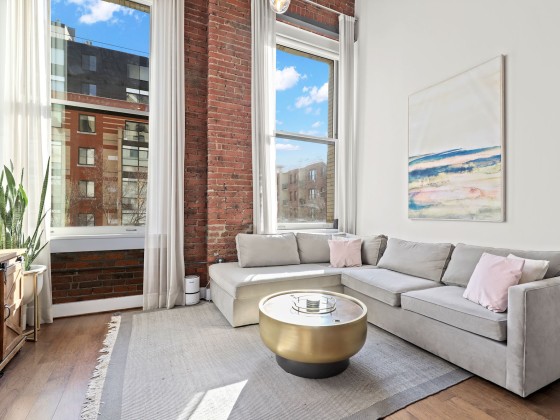 One Person, Three Bedrooms: DC's Mismatched Housing Market
One Person, Three Bedrooms: DC's Mismatched Housing Market
✉️ Want to forward this article? Click here.
The dearth of family-sized units in DC has received a lot of attention, whether as part of the debate over the fate of an amended Comprehensive Plan or as part of legislative attempts to study and correct the influx of newly-constructed studios and one-bedrooms. While the Office of the Deputy Mayor for Planning and Economic Development has been tasked with taking stock of the large units in the city, the DC Policy Center (DCPC) beat them to it with a new study.
By DCPC's tallies, there are 303,950 housing units available to residents (e.g. not owned by the federal or foreign governments, part of a school or religious institution, etc.). Among those residences, the problem isn't just that there are few family-sized units; the problem is that those units are not affordable to low- and middle-income families.
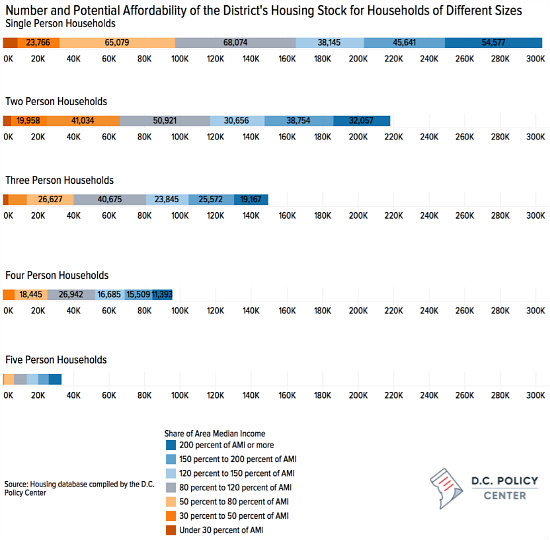
As seen in the above graph, there is far more affordable housing stock for single-person households earning less than 80 or 100 percent of area median income (AMI) than for families earning less than 80 or 100 percent AMI. Of the total housing stock, 51 percent (154,500 units) can comfortably accommodate one- or two-person households, 18 percent (53,700 units) can comfortably house three people and 31 percent (95,600 units) can comfortably house four or more people.
In reality, however, 207,800 units are occupied by one- or two-person households. Also, only 34,000 of the units that can accommodate three-person households are actually occupied by at least three residents. Similarly, only 39,350 of the units that can accommodate four or more people are actually occupied by four or more people.
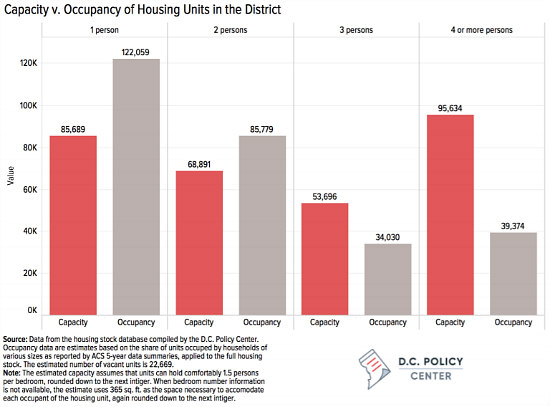
The above graph illustrates that one- and two-person households, especially those led by the more affluent are creating demand for larger units that in turn decreases affordability for families who can't comfortably live in smaller units. Because households occupied by one or two people tend not to have children, more income can be devoted to housing. This gives smaller households more flexibility to occupy housing that could go to families, implying that the housing needs of one- and two-person households are not necessarily being met.
DCPC's report expounds on this below:
This discrepancy between capacity and occupancy has important implications on how we think about affordability. First, it tells us that market rate units of all sizes, including small units, to the extent that they can satisfy the demand from smaller households, can help preserve affordability and reduce displacement. An influx of small units alone would not necessarily remove all the competitive pressures. Smaller households do value space and many of them can often pay for it. But smaller units in neighborhoods favored by singles, young couples, or even empty-nesters could help.
DCPC counted housing units and their costs using tax rolls and the Computer Assisted Mass Appraisal database. Potential occupancy of units was either calculated based on a rounded-up estimate of 1.5 persons per bedroom or, where bedroom data was unavailable, 356 square feet per person.
See other articles related to: affordability, family-sized units dc, housing inventory
This article originally published at http://dc.urbanturf.production.logicbrush.com/articles/blog/dcs-family-sized-units-are-not-right-sized-for-dcs-families/13746.
Most Popular... This Week • Last 30 Days • Ever

While homeowners must typically appeal by April 1st, new owners can also appeal.... read »
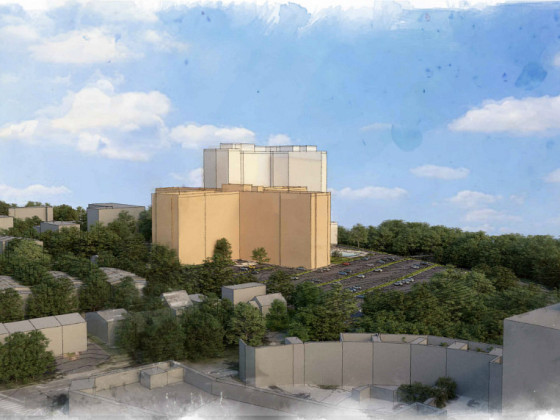
A significant infill development is taking shape in Arlington, where Caruthers Proper... read »
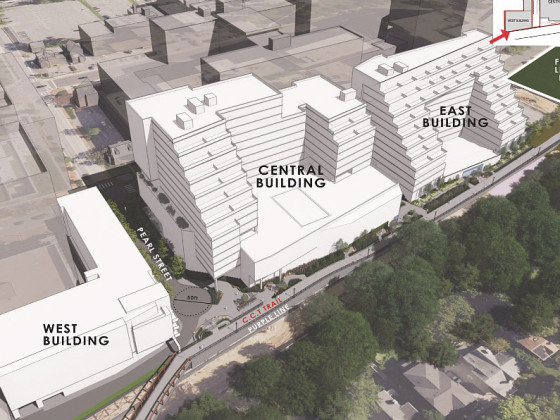
A new mixed-use development would bring hundreds of new residential units and a healt... read »
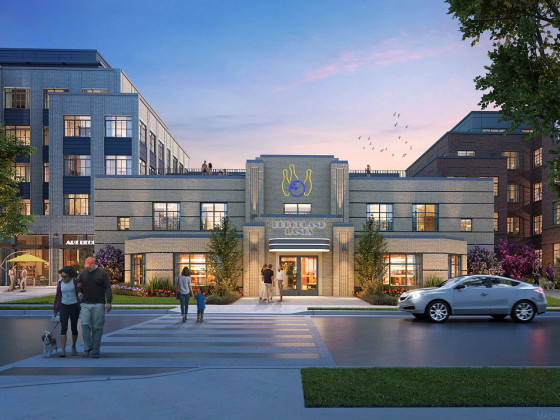
A residential conversion in Brookland that will include reimagining a former bowling ... read »
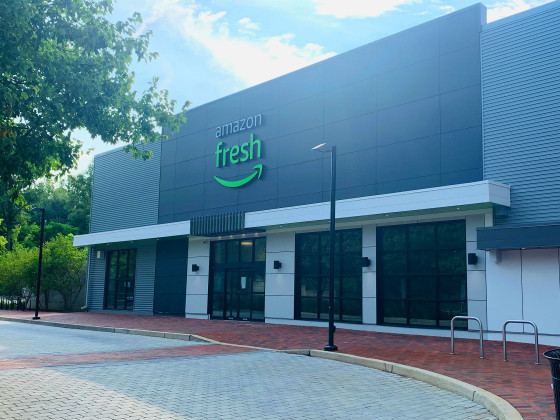
After years of experimenting with its branded brick-and-mortar grocery concepts, Amaz... read »
DC Real Estate Guides
Short guides to navigating the DC-area real estate market
We've collected all our helpful guides for buying, selling and renting in and around Washington, DC in one place. Start browsing below!
First-Timer Primers
Intro guides for first-time home buyers
Unique Spaces
Awesome and unusual real estate from across the DC Metro





